Eat Enough of THIS Healthy Fat to Fight Breast Cancer
In my recent previous articles, we’ve discussed how cabbage can stop deadly cancer at its core… the many ways conventional foods promote cancer… why periodic fasting is a cost-free way to keep cancer at bay… and how the keto diet offers powerful protection against cancer.
And given that cancer is now the leading preventable cause of death, these are important topics to consider. Taking action with your diet and lifestyle today is critical to preventing cancer tomorrow.
In today’s article, you will discover:
- What oncogenes are
- What the HER-2 oncogene does
- How your diet influences oncogenes (and your cancer risk)
- The specific healthy fat that could cut breast cancer risk by +50%!
- PLUS: Simple (and delicious!) dietary tips to reduce your cancer risk
What Are Oncogenes?
You probably know that cancer begins with damage (mutations) to cellular DNA (or code of life).
When DNA is damaged, your body produces cells that don’t function properly. In the case of cancer, this is called “malignancy”.
And while your genes certainly play a role in your risk for cancer, in the vast majority of cases it is not your genes that cause the disease. It is the influence of your diet and lifestyle on those genes that causes harmful cellular changes and allows cancer to develop.
These genes are called oncogenes (onco – meaning “cancer”).
In a healthy state, oncogenes help cells to grow. But when an oncogene mutates – or there are too many copies of the gene – malfunctions occur. The oncogene turns into a “bad” gene that causes cells to grow out of control. Over time, this can lead to the formation of tumors.
It’s critical to note that most cancer-causing mutations related to oncogenes are acquired. They are not inherited. In other words, it is your lifestyle choices, not your DNA – that causes cancer to develop.
The HER-2 Oncogene
One oncogene is called HER2/neu. It is found in certain types of cancer cells, including breast, ovarian, bladder, pancreatic, and stomach cancers.
This gene is most commonly associated with breast cancer. And HER2-positive breast cancers tend to be more aggressive than other types. Statistics show that about one in five breast cancers is HER2-positive.
What’s more, in about 30% of invasive breast cancers, multiple copies of the HER-2 gene are produced and proteins related to this gene are over-expressed. What that means in practical terms is that these tumors are very difficult to “treat” with conventional methods like hormone therapy, radiation and chemo. Patients with this form of cancer typically have a poorer prognosis.
Don’t know if your cancer is positive or negative for HER-2? A lab test called Human Epidermal Growth Factor Receptor can tell you.
Down-Throttle HER-2 Genes & Reduce Breast Cancer Risk by 62%… with Olive Oil?
It is the choices we make which influence whether oncogenes are activated.
And in the case of HER-2 positive breast cancer, studies show that regularly enjoying extra virgin olive oil helps to keep that gene in the “OFF” position.
A study published in the International Journal of Oncology found that olive oil polyphenols not only prevented the HER-2 gene from transforming healthy breast cells cancerous… it also strongly triggered apoptosis (programmed cell death) in those cells that were already cancerous.
Similarly, a large clinical trial called PREDIMED, evaluated the effects of olive oil on breast cancer risk.
The study followed 4,300 women ages 60-80 for five years. The women were directed to consume one of three diets:
- The Mediterranean diet plus extra servings of olive oil
- The Mediterranean diet plus extra servings of nuts
- A low-fat diet
During the study period, 35 breast cancers were diagnosed. The women who ate a low-fat diet or the Mediterranean Diet with extra servings of nuts had similar, statistically insignificant results. However, the group that ate the Mediterranean diet, plus extra servings of olive oil, experienced 62% fewer cancers!
In addition to down-throttling the HER-2 oncogene, olive oil has been found to attack breast cancer in another important way: by rupturing cancer cell membranes.
Research published in Molecular & Cellular Oncology found that a compound in extra virgin olive oil called oleocanthal effectively ruptures cancer cell lysosomes, resulting in cancer cell death within 30 minutes to one hour. Best of all, the oleocanthal left healthy cells unharmed.
Paul Breslin, co-author of the study, said:
“The mechanism of killing cancer cells and sparing healthy cells, lysosomal membrane permeabilization, has been hypothesized as a possible mechanism of effectively killing cancer cells and sparing healthy tissues but has never been realized before. Our realization of this makes this paper of particular therapeutic interest for cancer treatment.”
Fight Breast Cancer Naturally with Your Diet & Lifestyle
A cancer diagnosis is not necessarily a death sentence. But it should certainly be a wake-up call to make some drastic diet and lifestyle changes. There’s so much we can do (beyond conventional treatments) for primary prevention and secondary prevention (after a diagnosis has occurred). Here are 16 simple ways you can help ward off – or fight – cancer naturally.
- Avoid sugar! Eat a low-carbohydrate ancestral diet
- Avoid conventional produce sprayed with cancer-causing chemicals
- Avoid conventional animal foods produced with hormones and antibiotics
- Maintain a healthy weight or lose weight if you are overweight
- Include powerful cancer-fighting foods like turmeric, polyphenol-rich berries, cabbage (and other crucifers), and olive oil to your diet
- Choose grass-fed meats and dairy products that are rich in CLA (a powerful, cancer-fighting fat) and zinc (a mineral vital for cancer prevention)
- Enjoy wild seafood, including wild salmon, mackerel, shrimp and scallops rich in long-chain omega-3 fatty acids, shown to “turn on” an important tumor-suppressor gene called p53. Wild seafood is also one of the richest sources of selenium – a cancer-fighting mineral
- Avoid vegetable oils rich in omega-6 fats, known to promote cancer
- Cook your food wisely – opt for slow and low methods (like Instant Pot or Slow Cooker) over broiling or grilling to prevent formation of cancer-causing compounds
- Avoid plastics, and detoxify from cancer-causing plastic chemicals using bentonite clay
- If you drink alcohol, do so in moderation, and make sure you’re getting sufficient natural folate from organic leafy greens like arugula, cabbage, spinach, watercress
- Exercise and sweat
- Optimize your vitamin D levels
- Minimize exposure to EMFs
- Get sufficient, restorative sleep
- Fast periodically
It is critical to remember that in the vast majority of cases it is the choices you make about the foods you eat, the lifestyle you lead and the products you use on your skin and in your home make the biggest difference when it comes to preventing – or fighting cancer. Give yourself the best fighting chance to avoid or beat this dreaded illness by focusing on the decisions that reduce your risk.
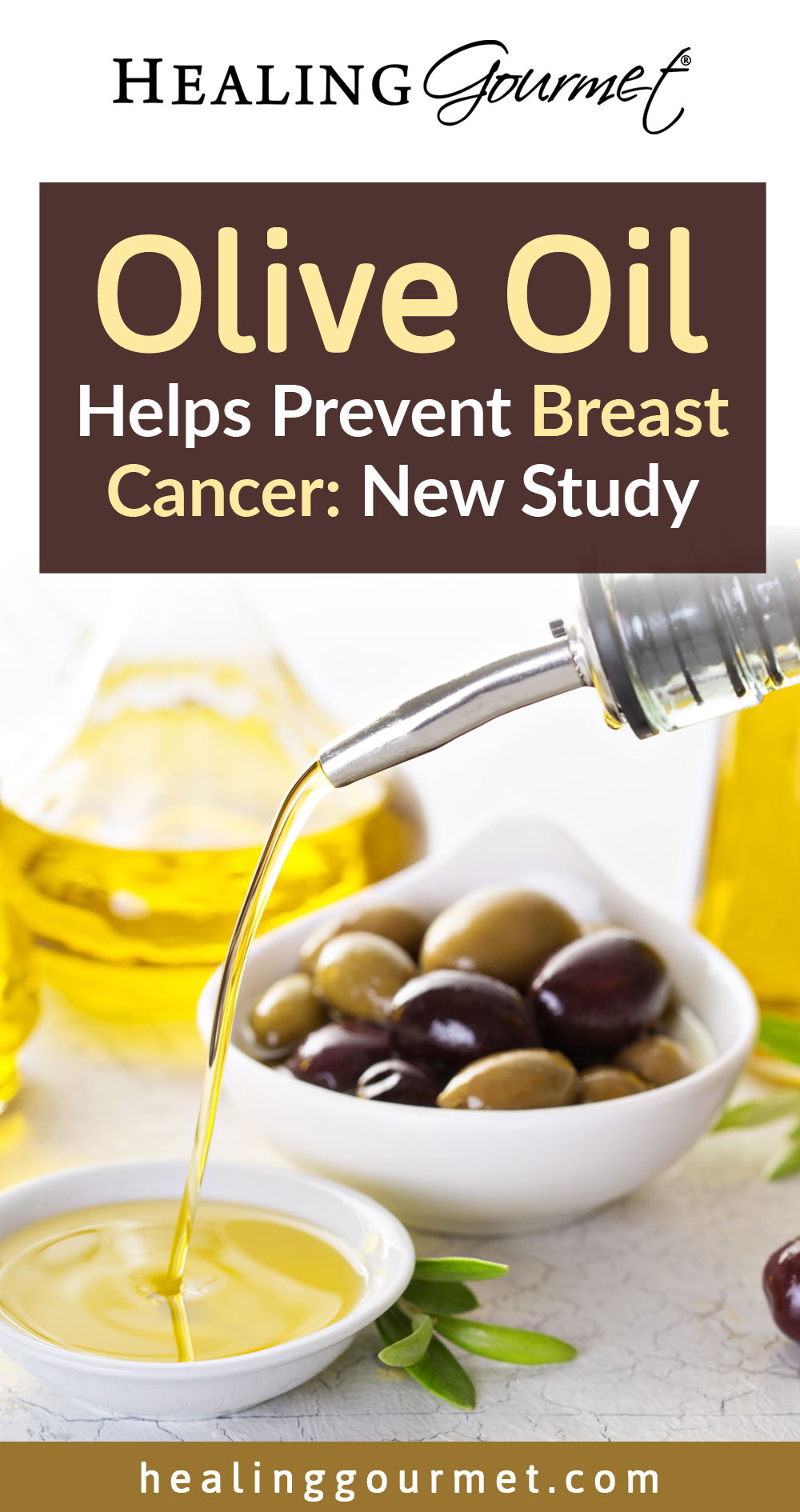
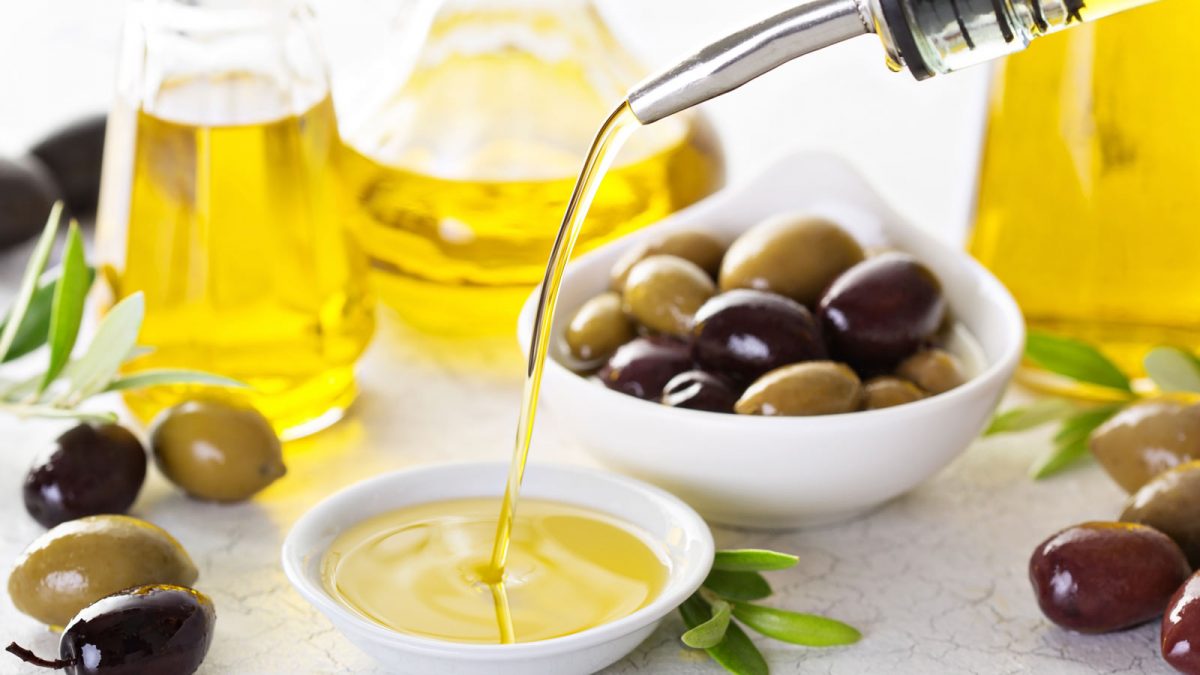
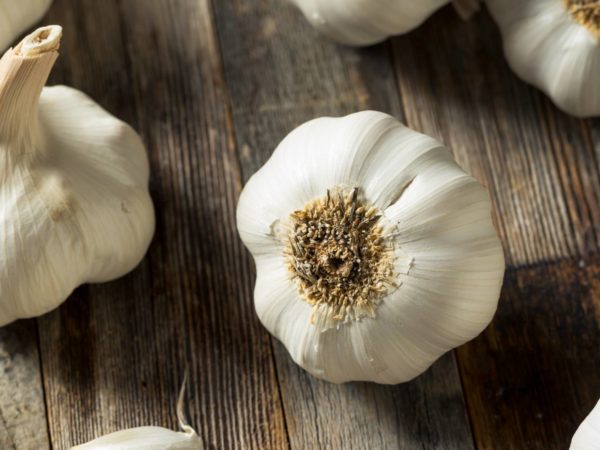
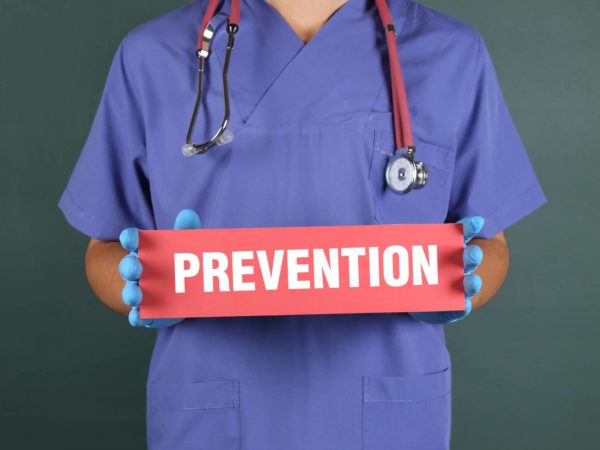
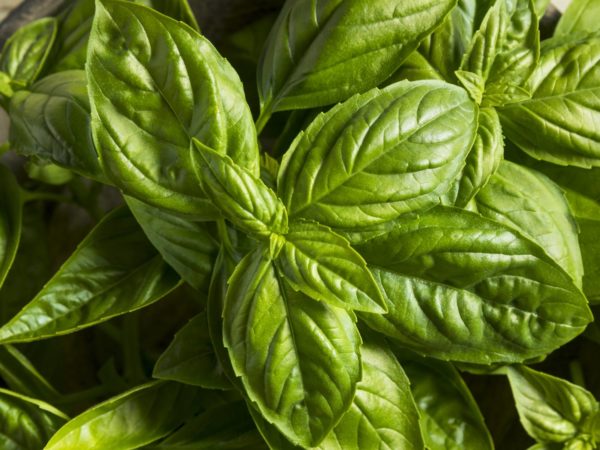
Leave a Reply